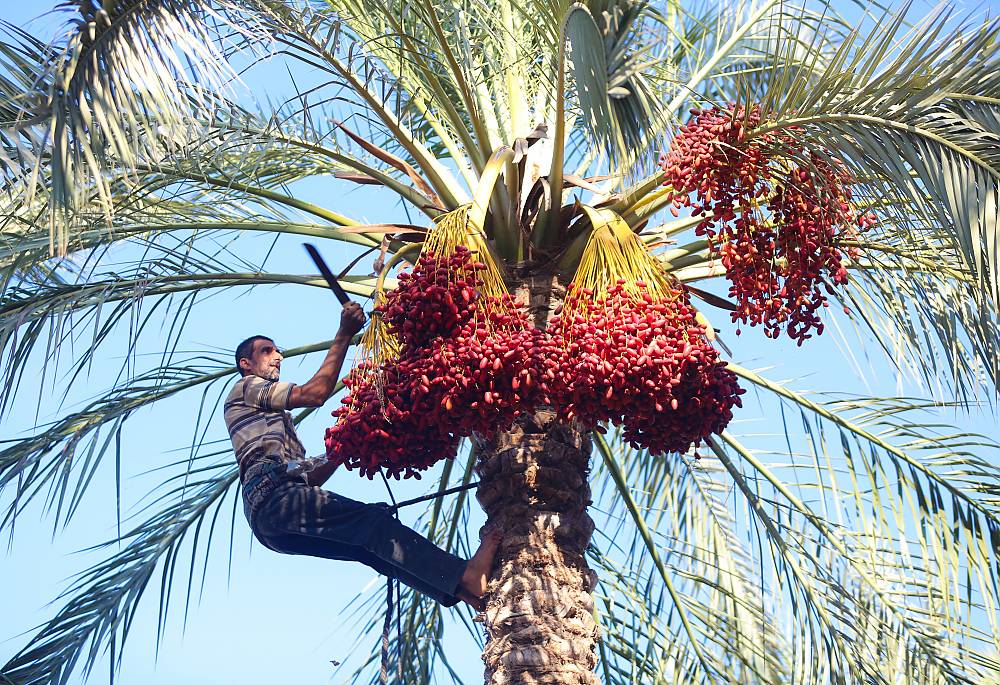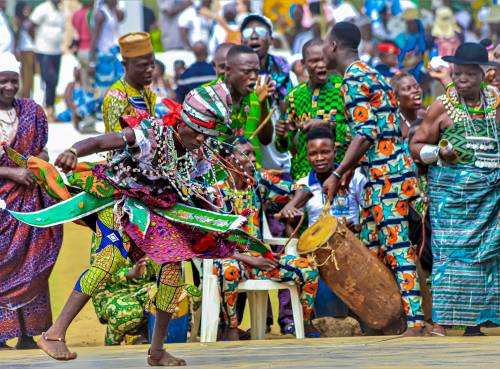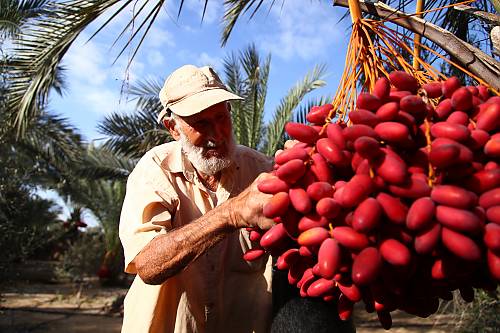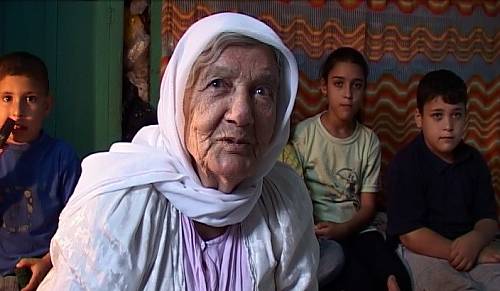The project “Strengthening national capacities for safeguarding Palestinian intangible cultural heritage” (May 2017 – December 2020, US$ 273,049) recently came to an end. Find an overview of what has been put in place throughout the implementation of the project, despite the complex socio-economic and political situation and the COVID-19 pandemic.
Since Palestine joined UNESCO in 2011 and ratified the 2003 Convention for the Safeguarding of Intangible Cultural Heritage, the UNESCO National Office for Palestine has carried out several specialized trainings and continues to support Palestinian authorities, particularly the Ministry of Culture, civil society organizations, academic institutions, and relevant practitioners on the effective implementation of the 2003 Convention. Moreover, two Palestinian experts were trained and acquired extensive knowledge to be an asset for Palestine and within the global network of facilitators.
The project aimed at improving the national policy framework for the safeguarding of the national living heritage of Palestine. Furthermore, the project allowed for several capacity-building activities to take place in the West Bank as well as in the Gaza Strip. Those activities focussed mainly on the effective implementation of the 2003 Convention, community-based inventorying, and the preparation of nomination files and international assistance requests.

© UNESCO Ramallah Office
Due to the restrictions imposed worldwide because of Covid-19 pandemic, and the impossibility of conducting on-site pilot inventorying activities as part of the capacity-building efforts concerning inventorying, the UNESCO Ramallah Office had to identify alternative ways of implementing the activities. Four cultural institutions from West Bank and Gaza were identified to conduct community-based pilot inventorying activities on several ICH elements, such as food processing on date culture, Hikaye, traditional songs, bedouins poetry and Dehyya song. 17 Community-based inventorying videos were produced, and this activity proved to be a useful approach in critical circumstances, including in times of pandemic or other emergencies.

© Popular Art Centre
As part of the #ResiliArt Movement put together by UNESCO, an online event was organized in the form of a dialogue session under the theme ‘Living heritage experiences and the COVID-19 pandemic’ with two Palestinian ICH bearers invited to share their testimony in safeguarding living heritage in times of crisis.
The project brought together the communities through a common platform, a WhatsApp group, which is still active and still brings together all project participants from West Bank, Gaza Strip, personnel from the Ministry of Culture, international ICH facilitators and UNESCO staff, with the aim of creating a space for close consultations, information sharing, discussion on the existing and planned safeguarding activities. That leads to an improved understanding of the place of culture in local, national and international sustainable development strategies. The awareness-raising efforts encountered a great success, as shown in the large number of views, comments, and shares on pilot-inventorying videos that the UNESCO Ramallah Office posted and received on its social media. Moreover, the project beneficiated from a great media coverage on well-known national radio stations and TV channels, where the importance of safeguarding ICH was highlighted.
This project was made possible thanks to the financial contribution of the Abu Dhabi Department of Culture and Tourism (DCT).
Proyecto:
-
Fortalecimiento de las capacidades nacionales para la salvaguardia del patrimonio cultural inmaterial de Palestina (30 de mayo de 2017 – 31 de diciembre de 2020)




